30+ Sample Program
-
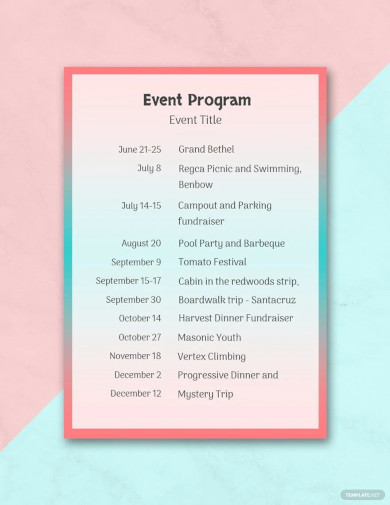
Event Program
download now -
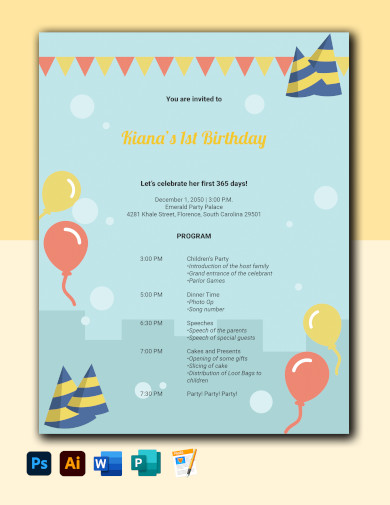
Birthday Party Program
download now -
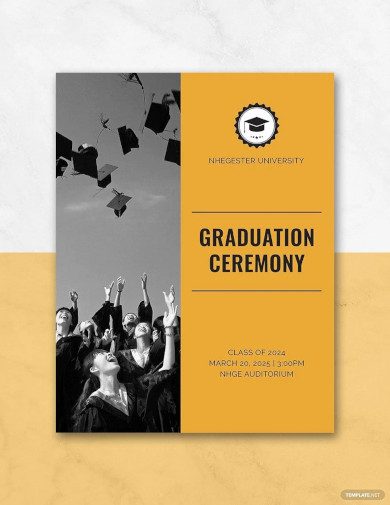
Graduation Program
download now -
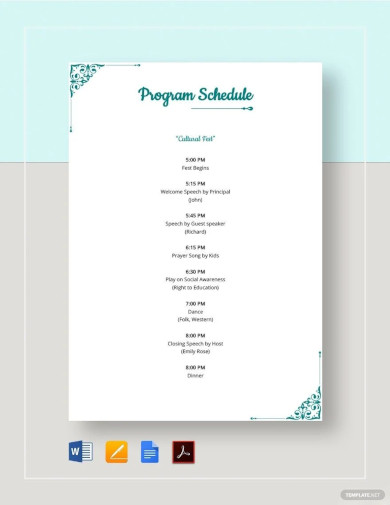
Program Schedule
download now -
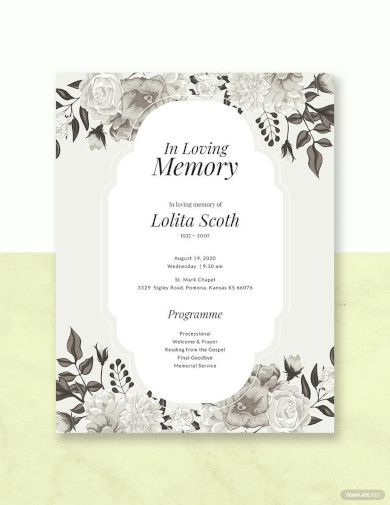
Memorial Program
download now -
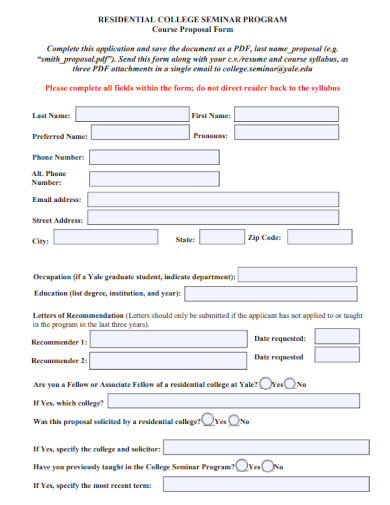
College Seminar Program
download now -
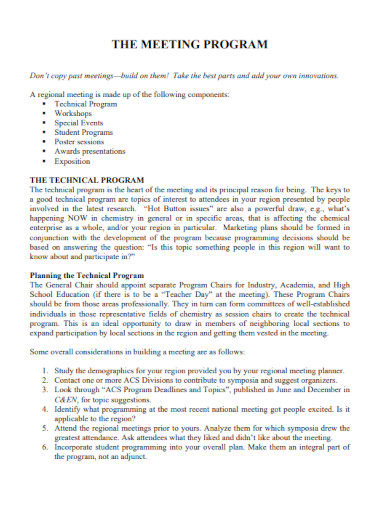
Meeting Program
download now -
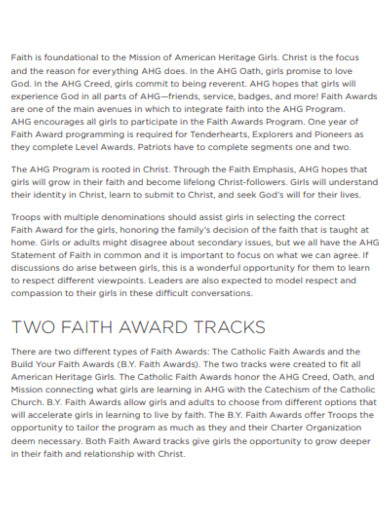
Faith Awards Program
download now -
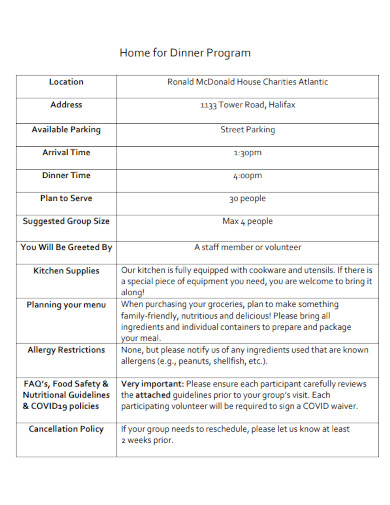
Home for Dinner Program
download now -
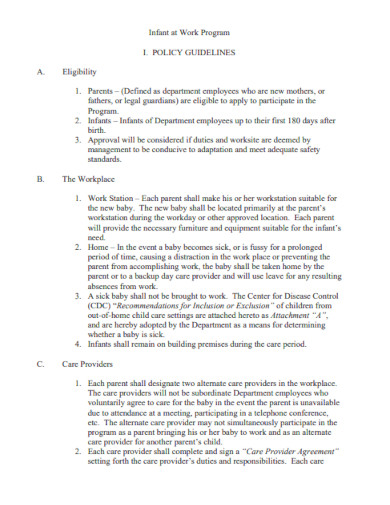
Work Program
download now -
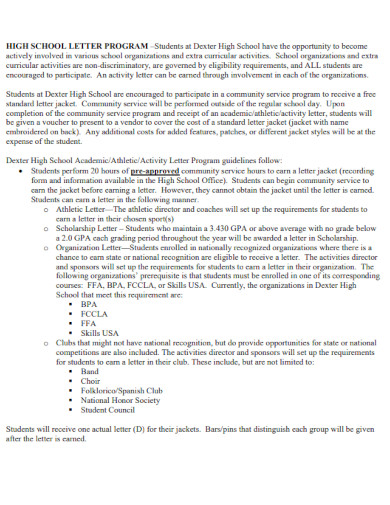
High School Letter Program
download now -
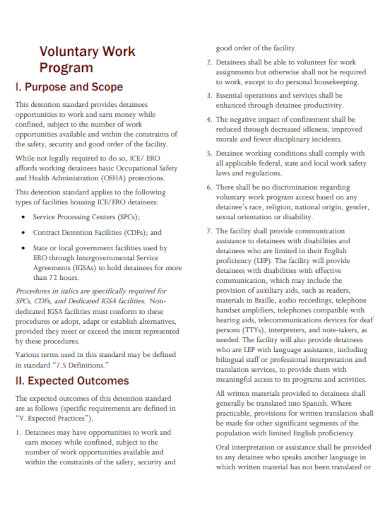
Voluntary Work Program
download now -
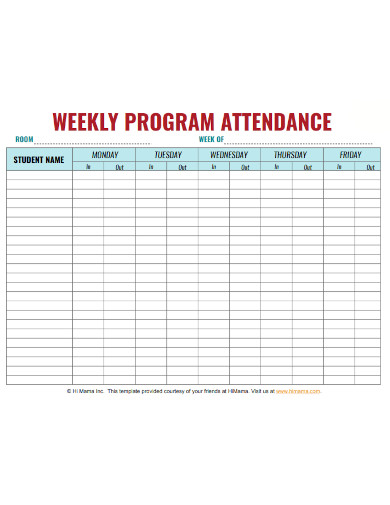
Weekly Program Attendance
download now -
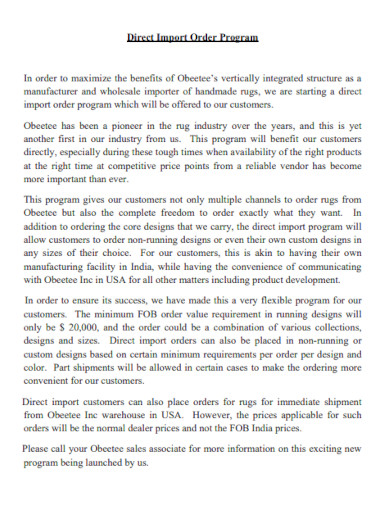
Order Program
download now -
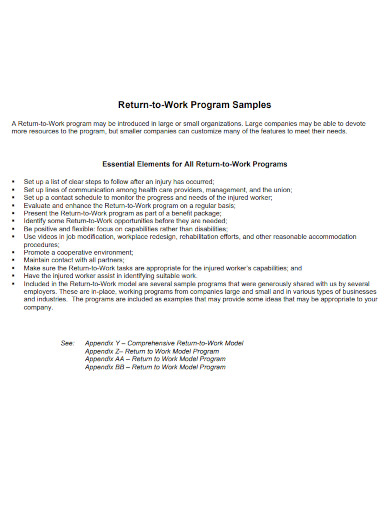
Return-to-Work Program
download now -
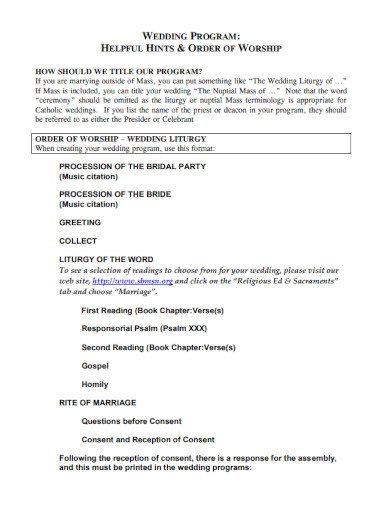
Wedding Program
download now -
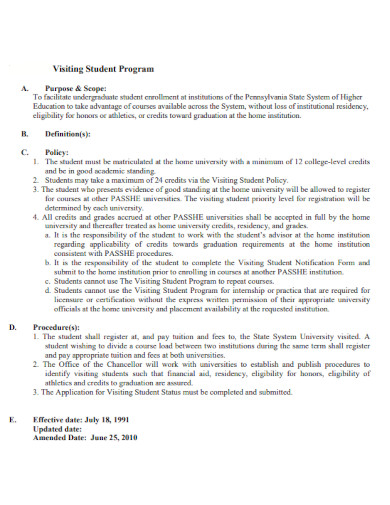
Visiting Student Program
download now -
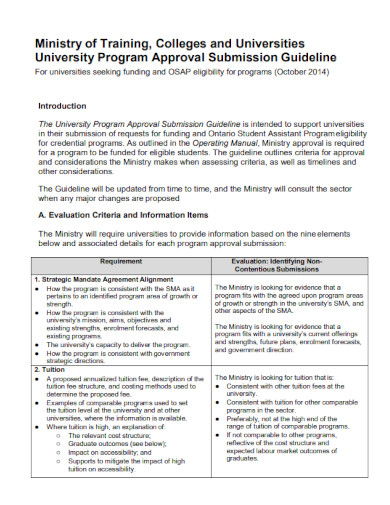
University Program
download now -
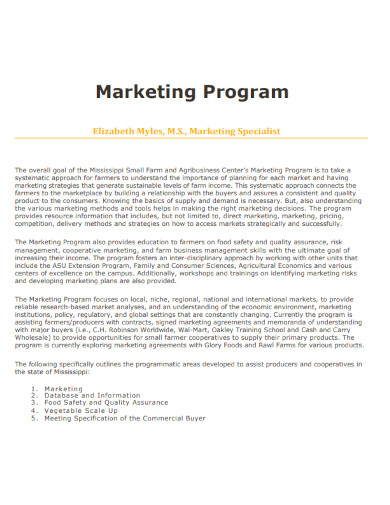
Marketing Program
download now -
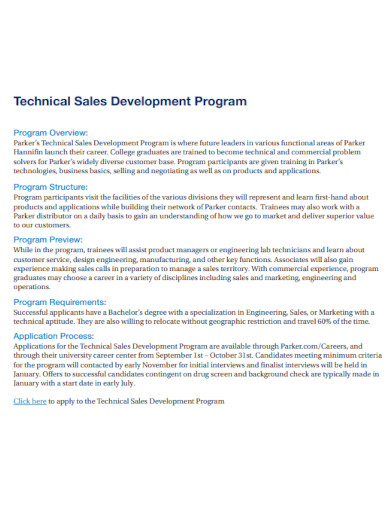
Sales Development Program
download now -
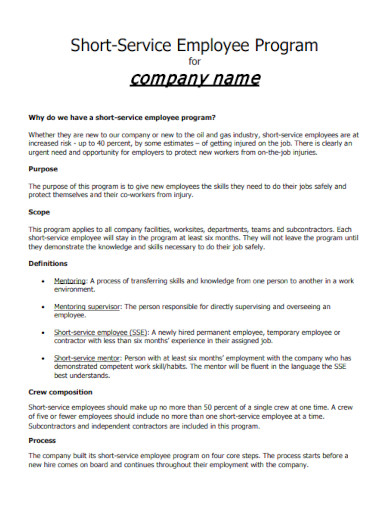
Short Service Employee Program
download now -
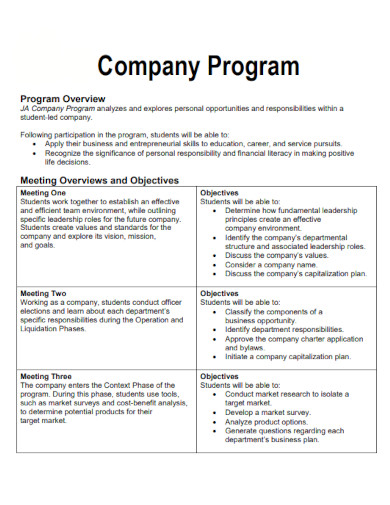
Company Program
download now -
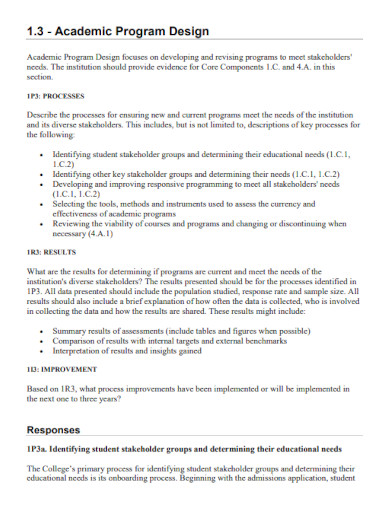
Academic Program Design
download now -
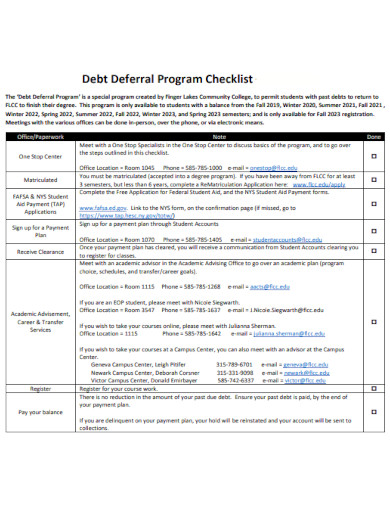
Debt Deferral Program Checklist
download now -
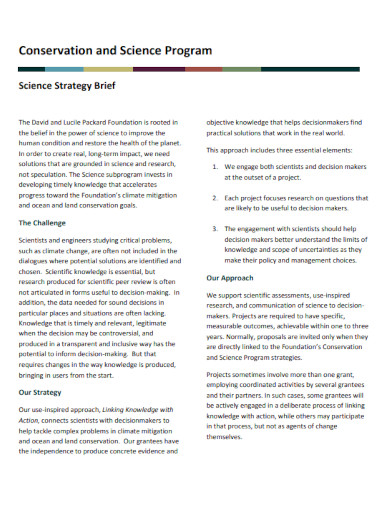
Conservation and Science Program
download now -
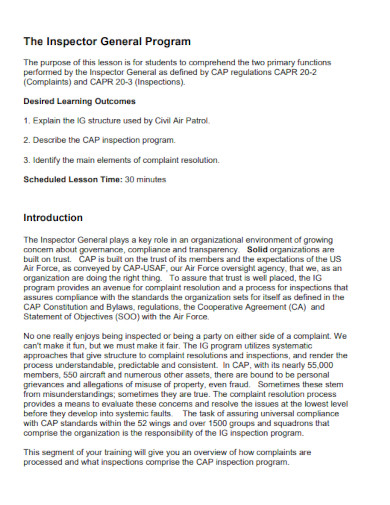
Inspector General Program
download now -
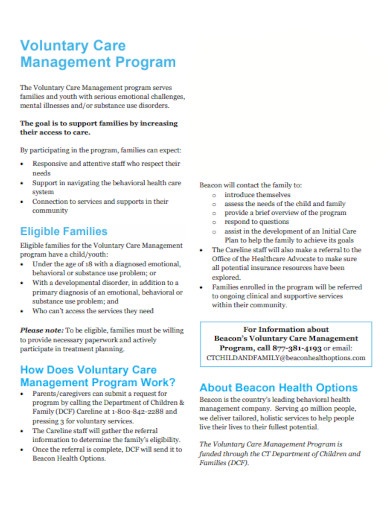
Voluntary Care Management Program
download now -
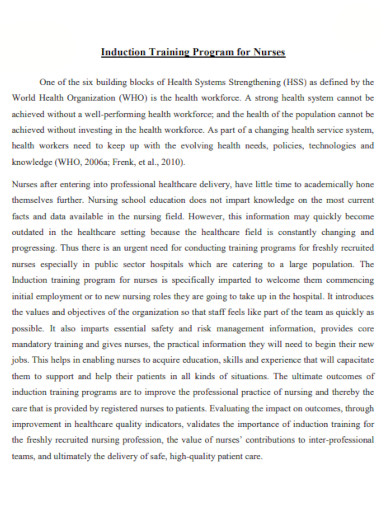
Training Program for Nurses
download now -
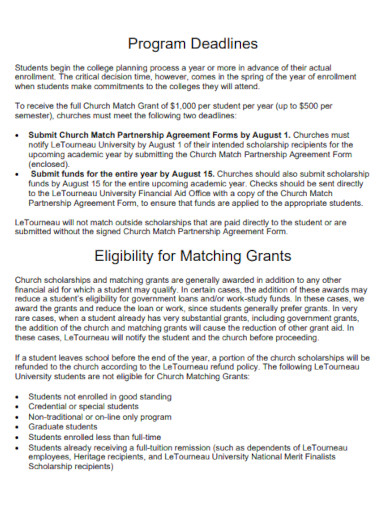
Church Program
download now -
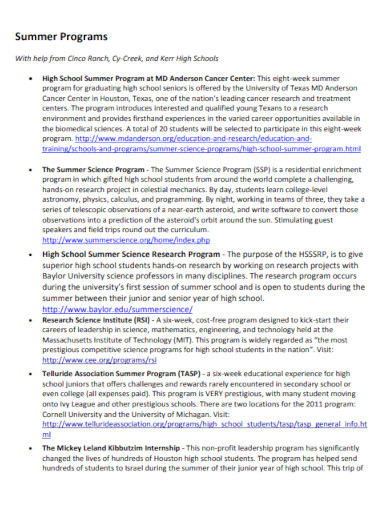
Summer Program
download now -
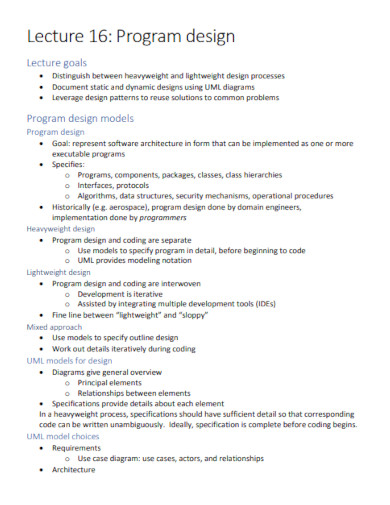
Program design
download now
What Is a Program?
A program is a resource that provides your attendees with a concise summary of your event’s most important details, with particular attention to event timing. A quality program communicates essential event details on a single page concisely. This lets your guests locate directions and performance times without sifting through their emails. This helps your event attendees and simplifies your life by reducing the queries you must answer on the event day. If your event program includes a map, it will be simpler for guests to navigate more significant events with multiple stages or more inaccessible locations.
Benefits of Preparing an Event Program
Whether seeking to reduce costs, save time, or make the process more efficient, planning events on a single integrated platform can give your business several advantages. Read on how a seamless events platform could completely transform your events strategy.
Tips for Hosting a Program
Hosting events is already stressful, and making them memorable increases that stress. To make your event memorable, you should focus on making it interactive, informative, and social. Consider the experiences you have not relished, and avoid reliving them. Observing a speaker for hours on end will not hold people’s interest. Stated the key to creating memorable corporate parties or charity events is to restore the element of fun.
1. Host With Intention
Our first piece of advice is to host with a purpose. It is simpler to plan an event when you have a distinct sense. It’s to raise money for a good cause. To persuade audience members to vote in favour of a company change. No one has ever benefited from making hasty decisions; give yourself ample time to plan an event by beginning early. When you start organizing an event too late, you may need more time and foresight to ensure that your decisions align with the event’s purpose. In addition to making hasty and possibly aimless decisions, your options will become limited. Venues, catering, and attendees must have open schedules to attend or assist with your event, so reserve dates in advance.
2. Choose the Ideal Location
One of the most significant errors you can make is selecting the incorrect location. How can your visitors genuinely appreciate what you’ve prepared without the ideal environment and location? Will you even have the space to accommodate the event’s features? Determine your event’s requirements before selecting the perfect corporate event venue. It is easier to find a venue that meets your needs than to attempt to make a venue meet your needs. With a complete list of stations and a planned itinerary templates, you can locate a location with sufficient space for everything.
3. Provide Room for Networking
Find a means to make space for networking once you’ve selected a corporate event venue that meets your needs. Networking makes events significantly more memorable by allowing guests to create new acquaintances, advance their career plans, or gain new knowledge. With refreshments and a nearby bar, bar tables without stools are an excellent way to encourage social interaction. You want a space where visitors feel comfortable, even actively moving around.
4. Consider a Theme
It’s time to choose a theme now that you’ve selected a venue and planned an event schedule. Consider this for a mission; themes are more superficial and emphasize decor and atmosphere. Consider how you present this theme to your visitors, including decorations, music, lighting, table accents, and even favor bags. In addition, email invitations with a corporate logo are uninteresting and will not generate enthusiasm for your event. If you want your event to be memorable, you must encourage visitors to anticipate it. It is essential to increase this enthusiasm through outstanding reminders that emphasize enjoyment. Keep it professional, but also include elements that make it feel like you’re inviting friends.
How to Create an Event Program
A practical guide, a concise fact page, or a unique souvenir. Regardless of its name, a program plays a crucial function at every event. A printed program seems old-fashioned in today’s digital world and is an unnecessary drain on your budget planner. Not so quickly! A digital makeover would benefit numerous aspects of your event, but the event program differs. If you are still intrigued, the steps to create one are listed below.
1. Do It Yourself
Your first action is determining whether you will create or outsource the event program. Cost versus time are the primary considerations here. Remember that if you hire a freelancer, design firm, or event company to create the program, you will be charged for this service. However, if you choose to do it yourself, you will not spend money but invest time. Your design abilities will also be essential to consider: can you create an engaging and well-organized event program?
2. Establish an Agenda and Schedule
When crafting your program on a digital device, it’s easy to forget that the final result will be a physical product (assuming you’re providing a physical version). Once it’s printed, you cannot make changes. Therefore, you should finalize the event schedule before completing the program. Check out our event scheduling guide if you need help with the event scheduling portion of the process.
3. Offer an Easily Navigable Map
Providing attendees sheets with an easy-to-read map is a good idea if your event location is challenging. Even better, consider creating a QR code that links to their navigation app with the precise location of your event, allowing them to scan the code and navigate directly to you. In many cases, the event program is the first interaction attendees have with your event; therefore, it is an excellent opportunity to create a memorable experience and align it with the brand you’re working with. If you’re a professional event planner, consult your client’s style guide, which should contain instructions on how much space to leave around the logo, acceptable fonts, and appropriate hues. Your event program should have the same appearance and feel as your other marketing materials.
4. Recognize Your Sponsors
If you have sponsors for your event, you must include their logos in the event program. Depending on the scale and structure of your event’s schedule, mention their contributions briefly. This will increase their visibility and keep you in good standing with them for future events. Consider any additional information you would like to add to the meeting agenda. You can include a few of these if space permits, but none are required, like previously discussed items. Consider whether these elements can be added to the program without causing complexity.
FAQs
What makes a good event?
People should desire to attend and enjoy themselves at your event. The most important aspect of what you do is to make people feel like they’re a part of an experience, not just a group of strangers witnessing something unfold.
How do you make an event creative?
Small theme elements can make a huge difference; they will unquestionably help you stand out and be unique. Therefore, when designing your creative event concept, you should consider what story you want to tell and how your attendees feel.
What is event management?
Event management refers to the procedure of planning and executing an event. This process extends from the earliest stages of event planning to post-event strategy. An event manager makes initial planning decisions, such as the event’s time, location, and theme.
A program for an event is a fast reference, not a comprehensive curriculum. The essential information should be concise, and each design element should be pertinent. The quickest method to get started is to use a template and modify it to your specifications. Consider customizing the template with your preferred elements to expedite future program creation if you plan to organize multiple events.
